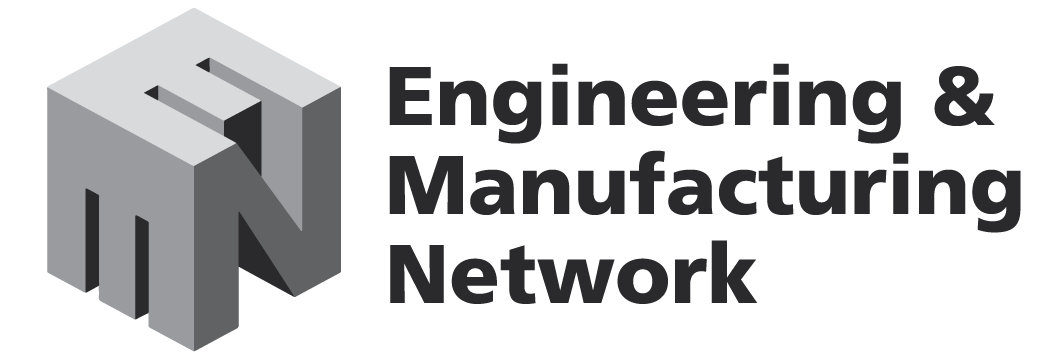The impact of the minimum wage is a topic that has varying opinions and has multifaceted implications for both employees and businesses. For employees, an increase in the minimum wage can lead to immediate improvements in their standard of living. By earning a higher wage, employees may experience reduced financial stress, increased purchasing power, and improved overall well-being. This can translate into better access to necessities such as housing, healthcare, and education, thereby contributing to poverty alleviation and socioeconomic mobility. Additionally, a higher minimum wage can boost employee morale and productivity, as employees feel more valued and motivated in their roles.
However, the impact of minimum wage hikes is not without its challenges. Critics argue that raising the minimum wage could lead to job losses, particularly among low-skilled employees. Small businesses, in particular, may struggle to absorb the increased labour costs, potentially leading to layoffs, reduced hours, or even closures.
In conclusion, the current impact of the minimum wage is a complex issue shaped by a myriad of factors, including economic conditions, policy decisions, and societal values. While increasing the minimum wage holds the potential to improve the lives of low-wage workers, careful consideration of its broader consequences is essential to ensure sustainable and equitable economic growth.
For any support or advice, please contact the team at Get in Touch · HR2day or call us on 01325 288299 (opt 2)

